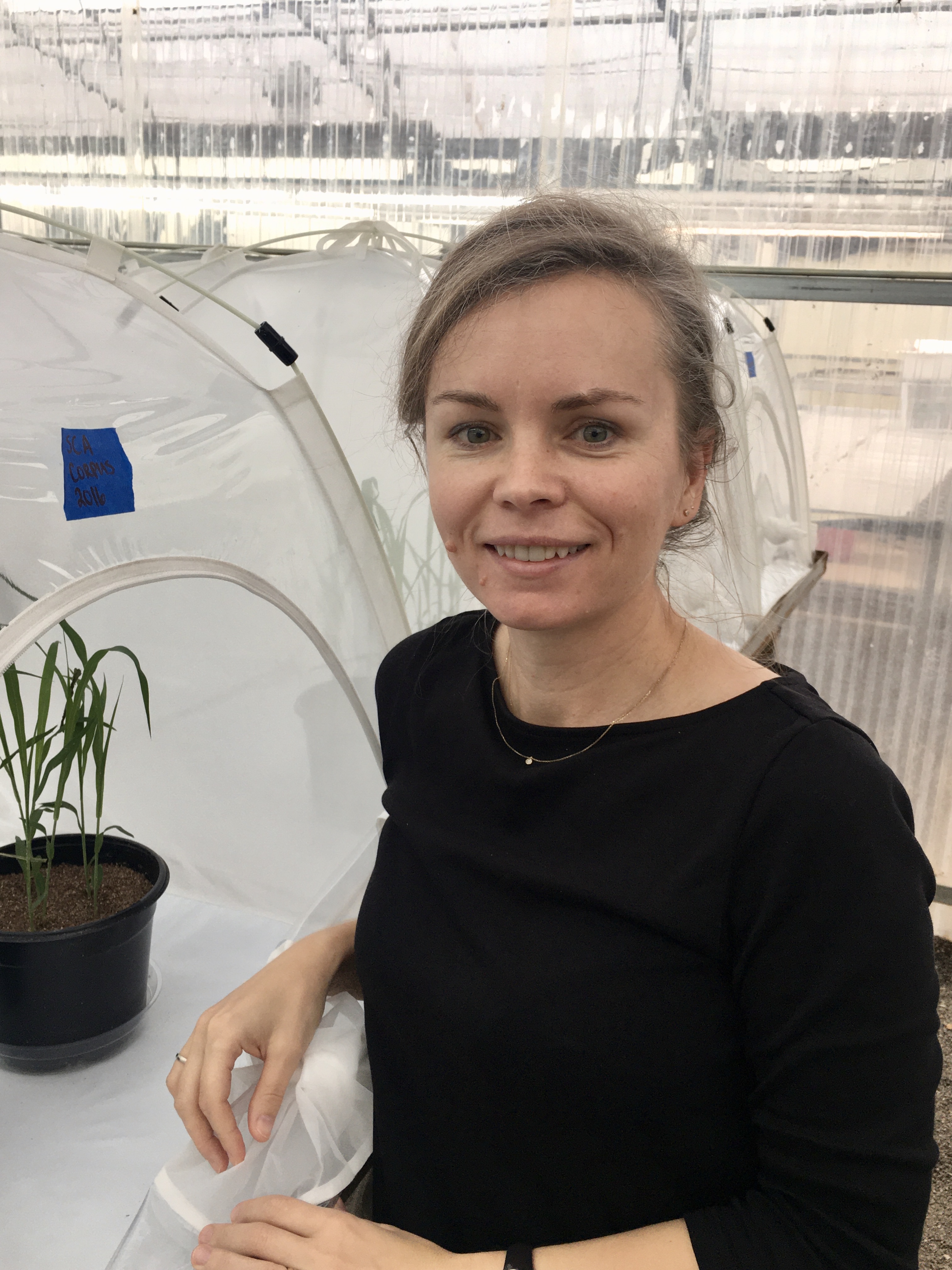Student 10-Minute Presentation
Plant-Insect Ecosystems
Student
Student Competition
Sustainable pest management for Alfalfa mosaic virus in chile peppers
- LA
Lara Maria Amiri-Kazaz
PhD Student
Colorado State University
Fort Collins, Colorado 
Adrianna Szczepaniec
Associate Professor
Colorado State University
Fort Collins, Colorado
Presenting Author(s)
Co-Author(s)
In 2019, alfalfa mosaic virus (AMV) was discovered in southern Colorado and has since caused significant losses for chile pepper farmers. AMV is a non-persistently transmitted virus vectored by several aphid (Hemiptera: Aphididae) species that do not habitually feed on peppers and rather move transiently through fields, probing into plants and spreading the virus. For this reason, pesticides are not a viable management tactic for this pest and pathogen. The goal of this work was the test chile pepper varieties for host plant resistance against AMV and validate resistant and/or tolerant varieties in the field. Across two chile pepper farms in Pueblo, Colorado, 12 different varieties of chile peppers favored by farmers were chosen to examine host plant resistance. AMV incidence and severity were assessed through visual surveys of proportion of symptomatic leaves per plant, total symptomatic plants across replicates, and through leaf tissue analysis using enzyme-linked immunosorbent assays (ELISAs). Associational susceptibility with alfalfa was also explored by collecting similar data on chile peppers farms from varying distances to alfalfa in Colorado and California. Results from the project will help determine additional pest management strategies to suppress aphids from spreading AMV in chile peppers. This continued project provides valuable information to help producers make better informed management decisions about future chile pepper production in Colorado.

.png)

